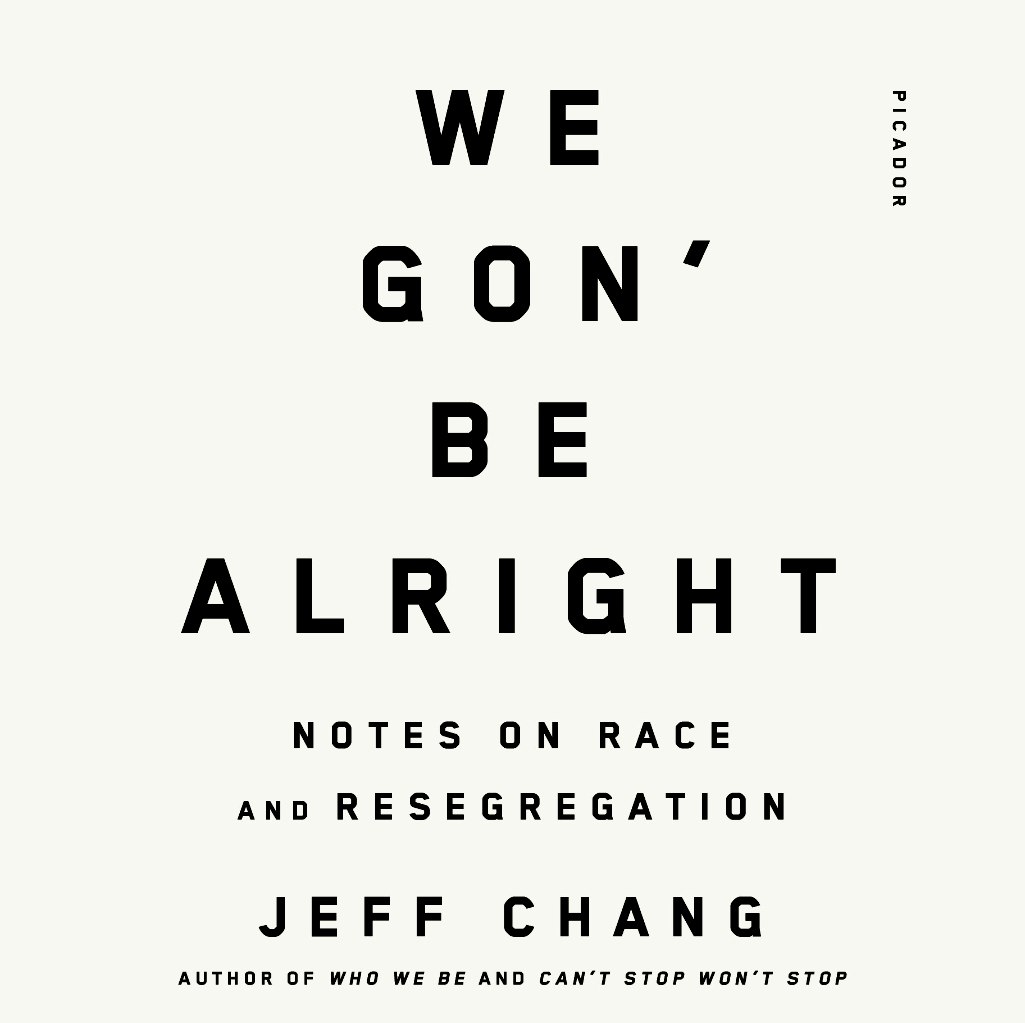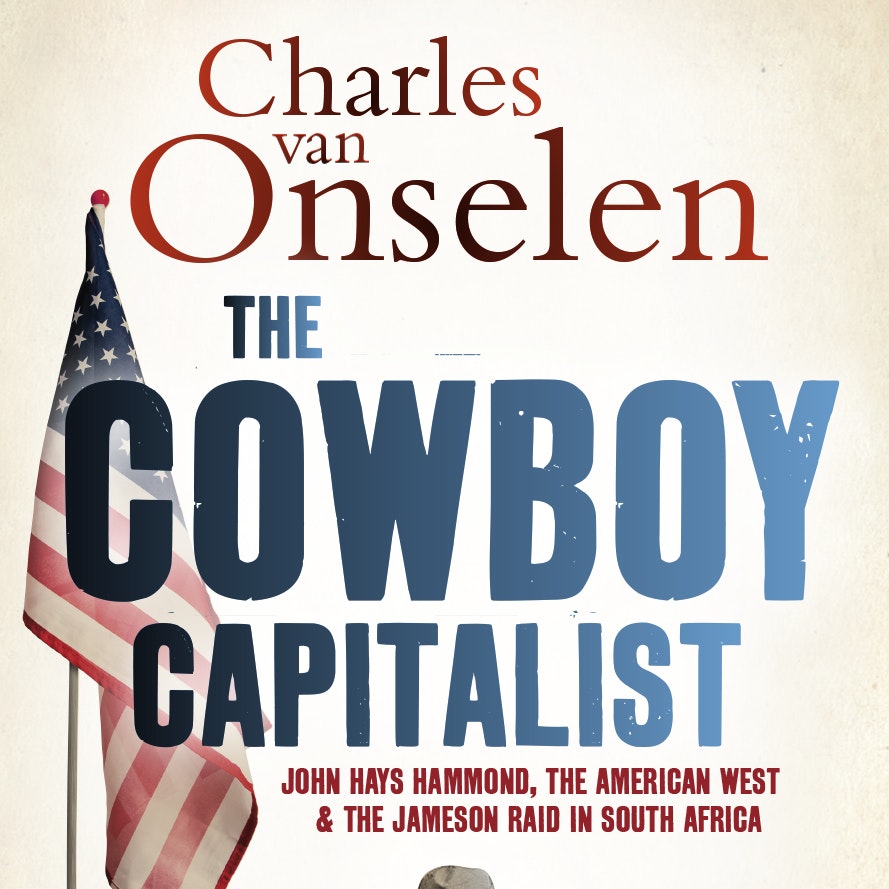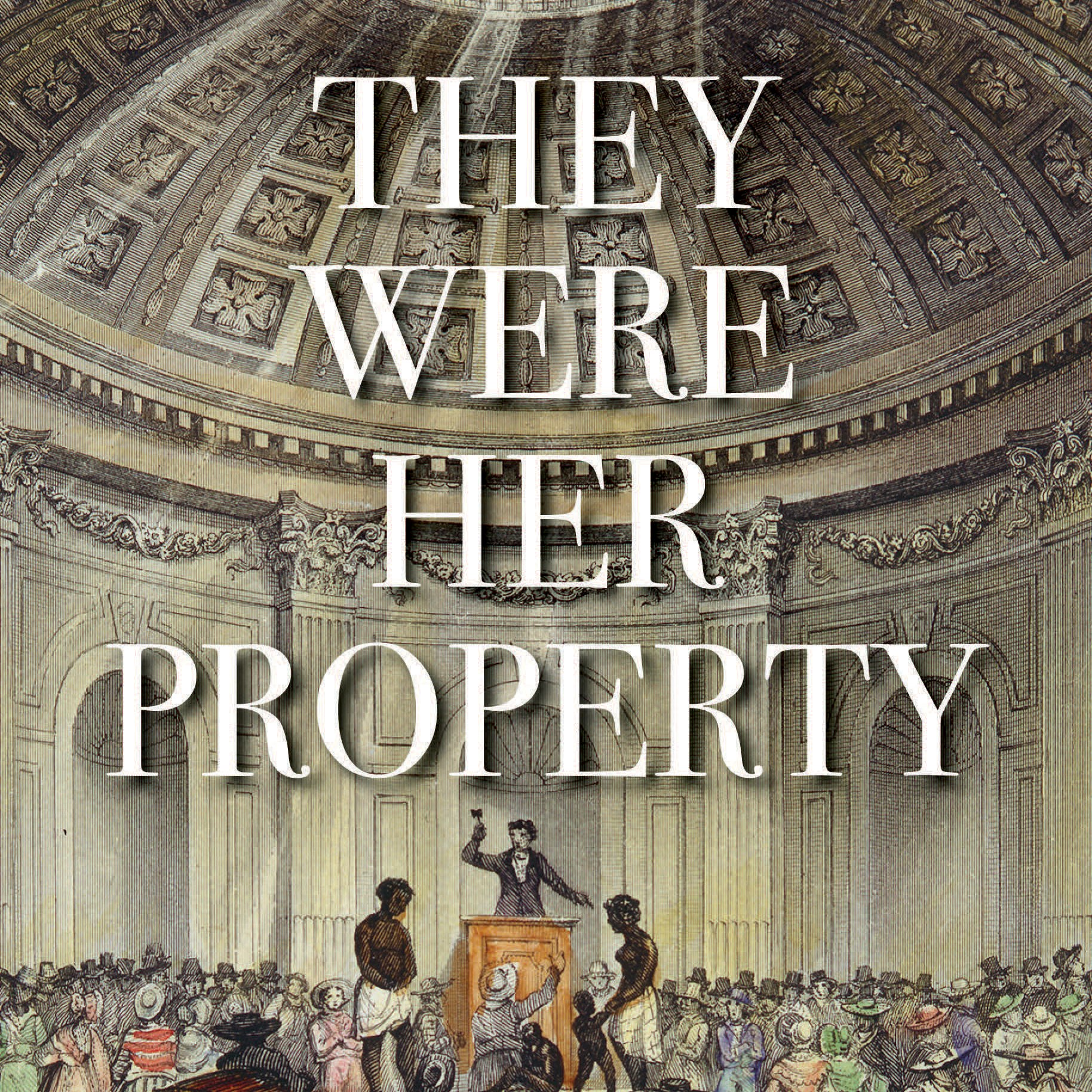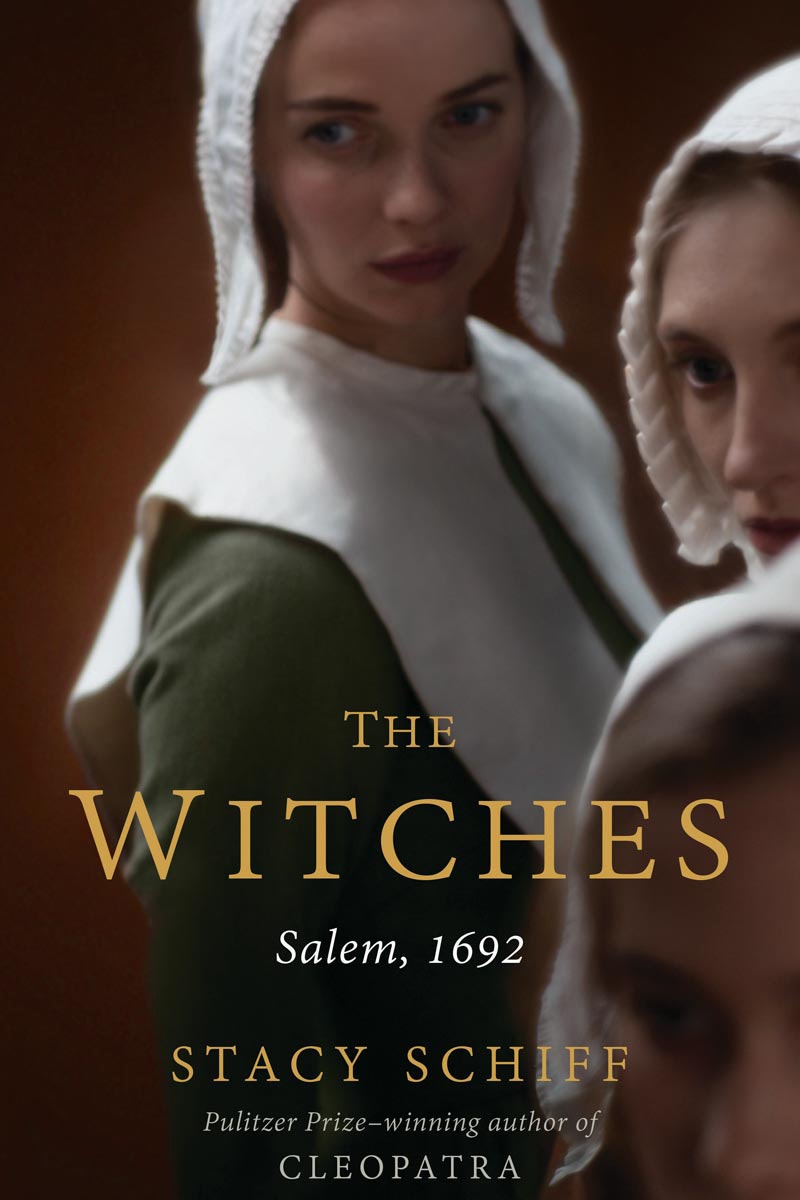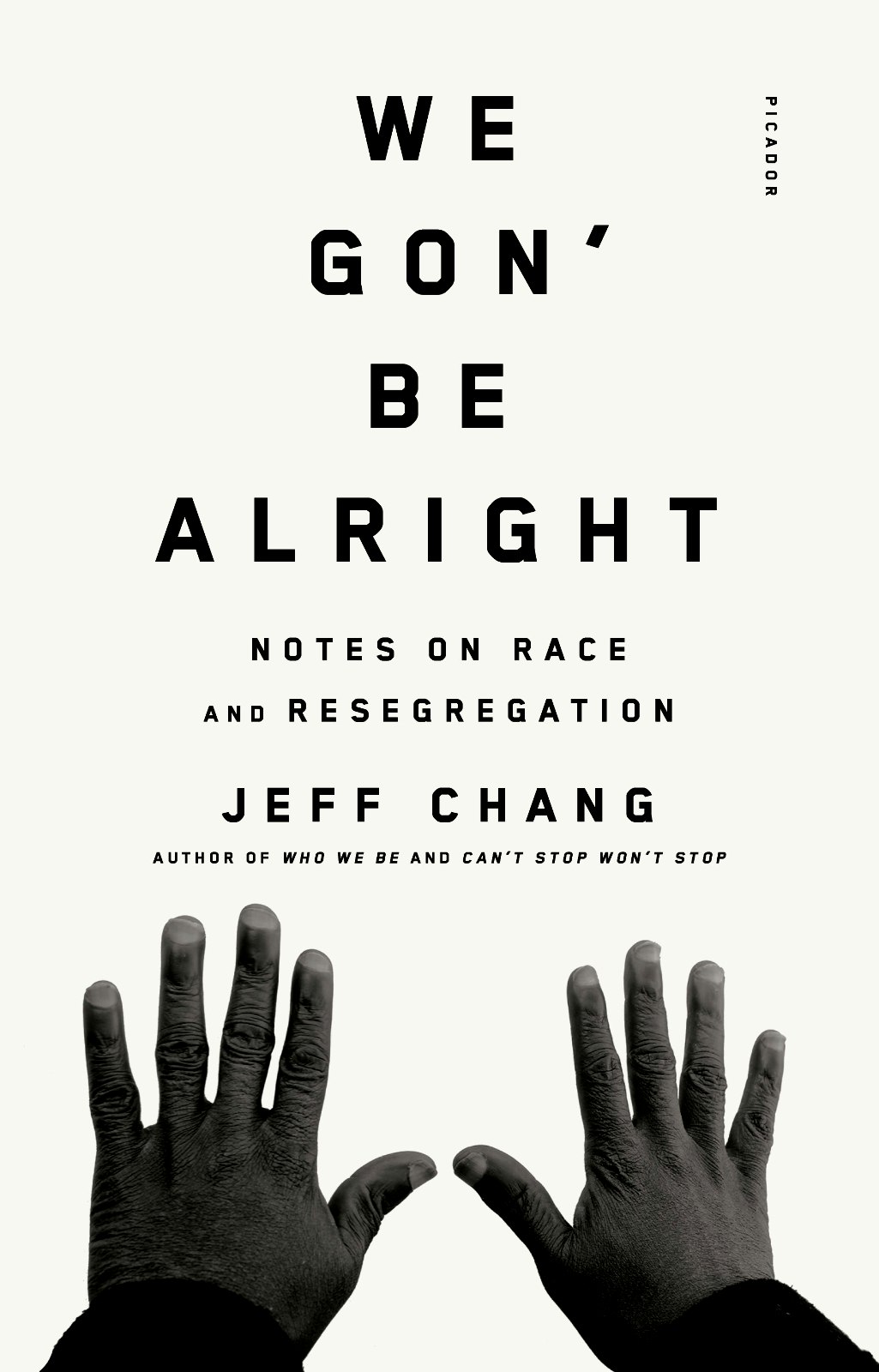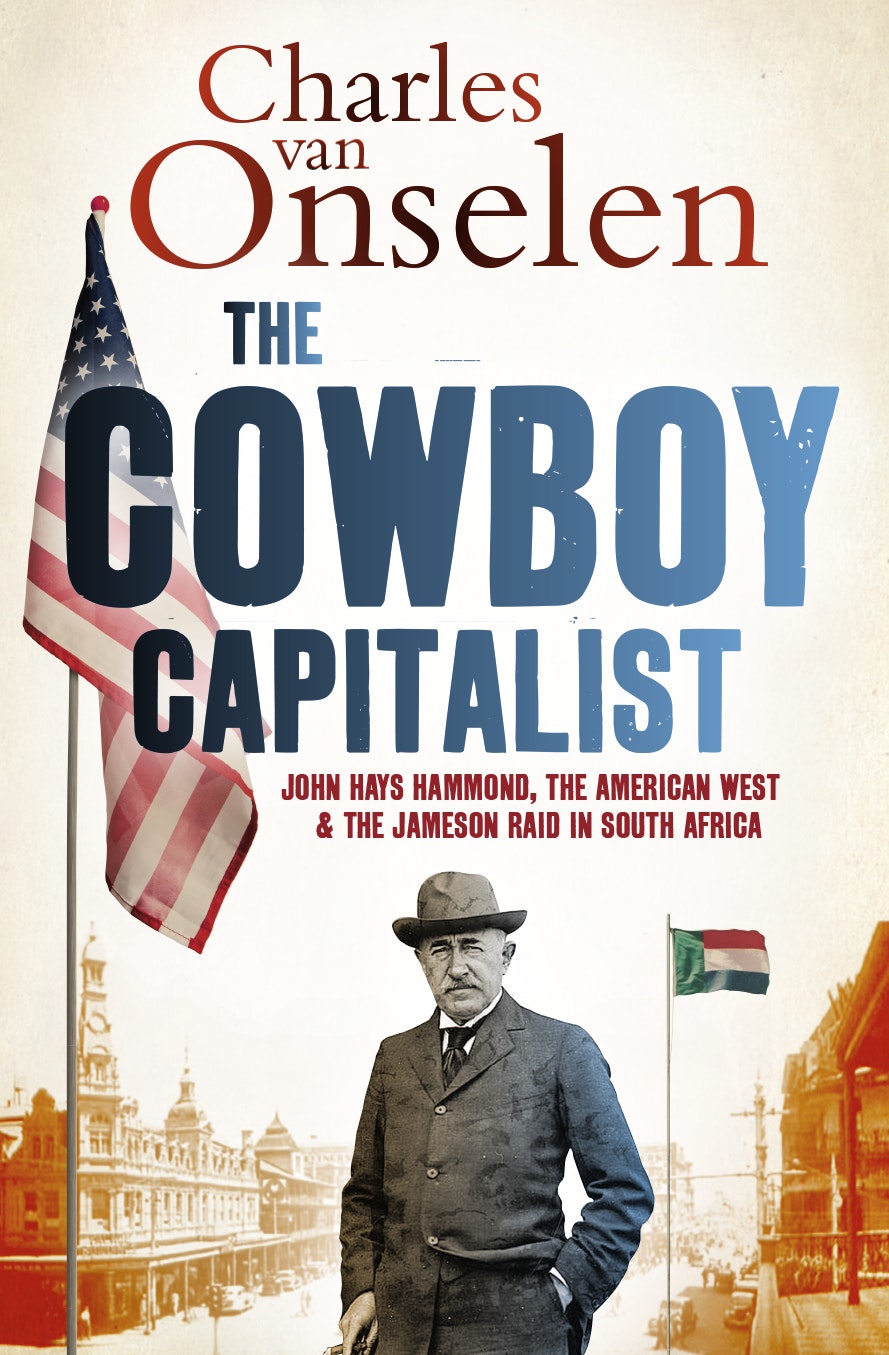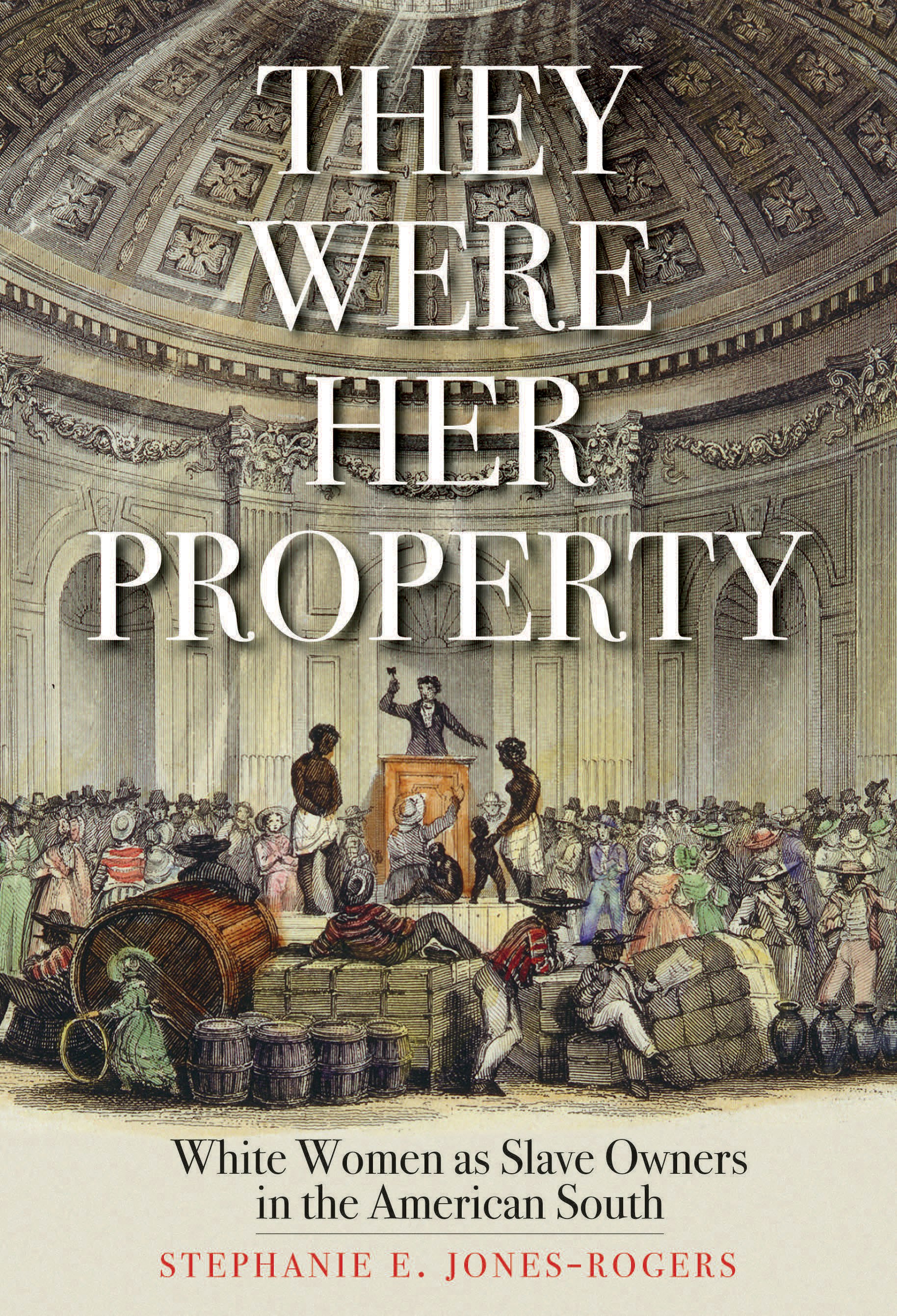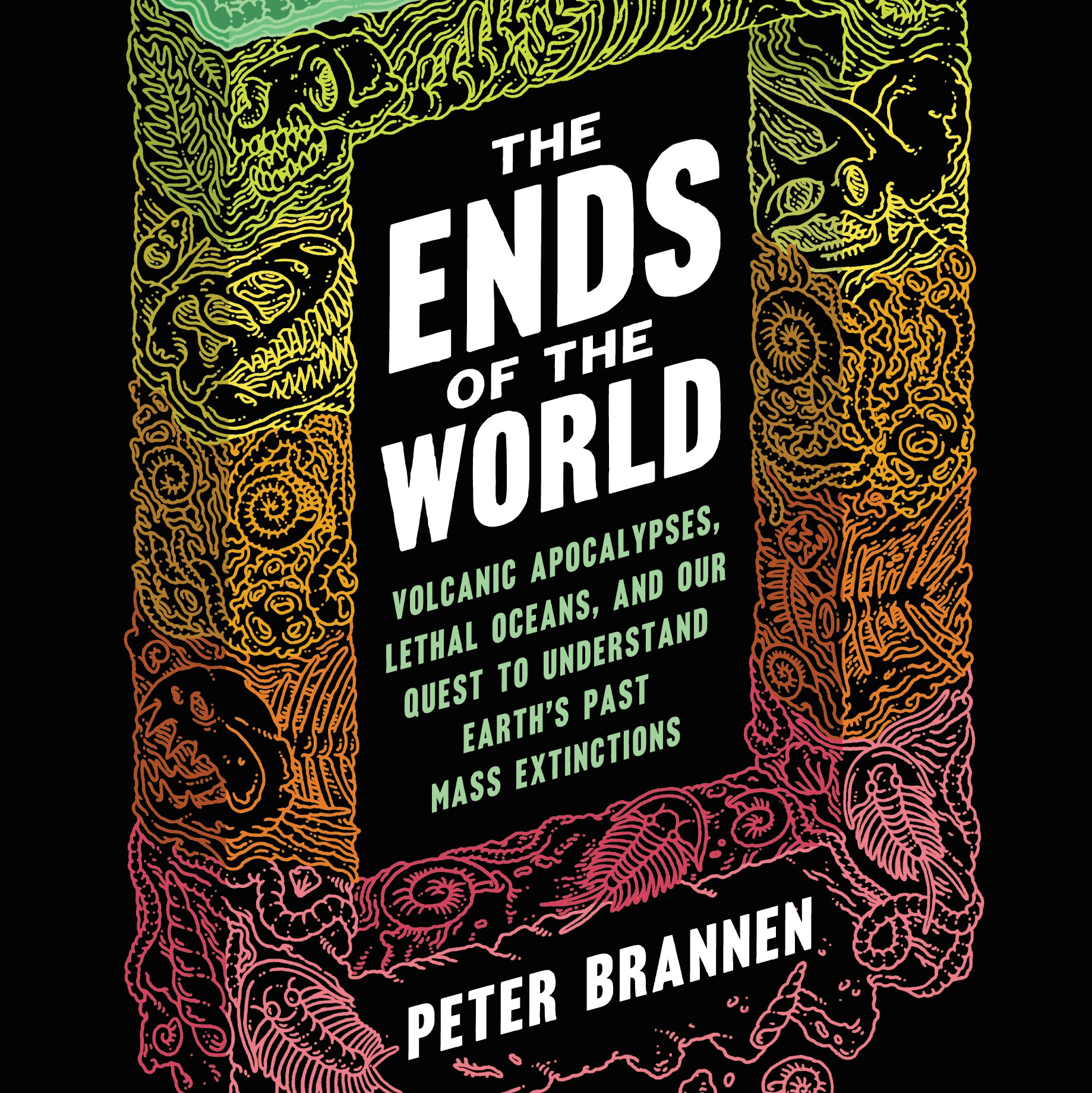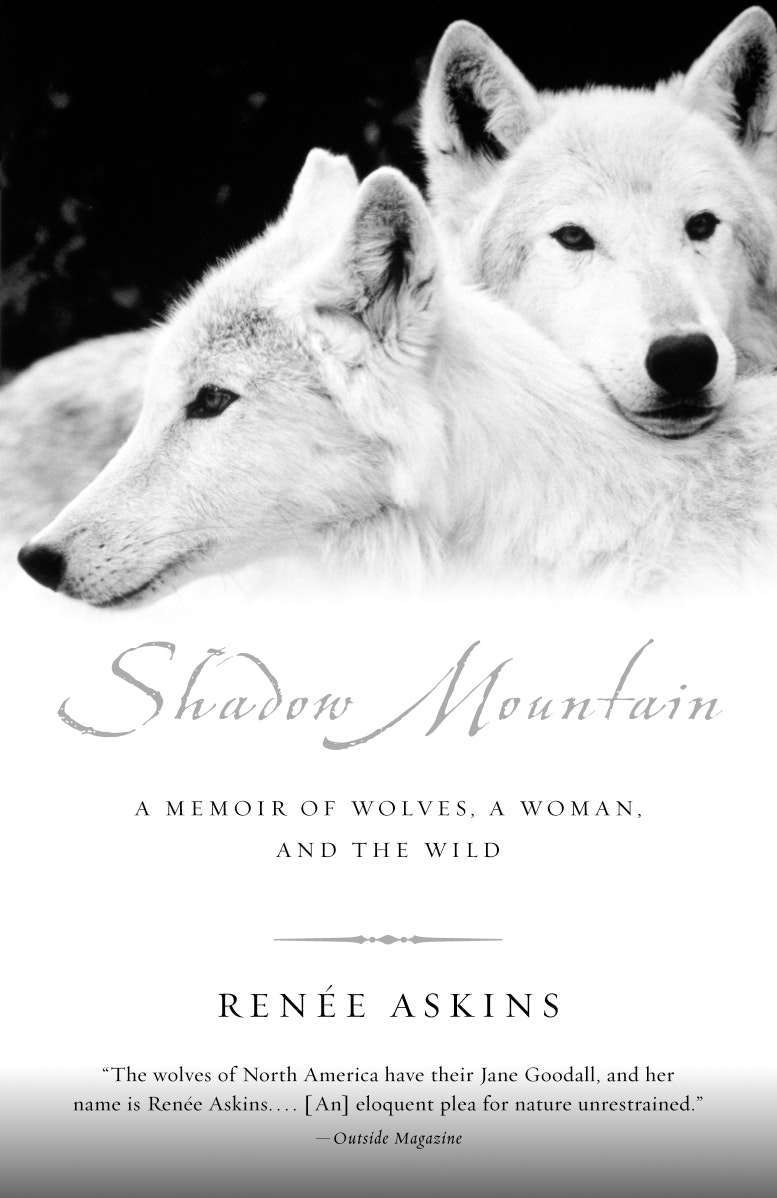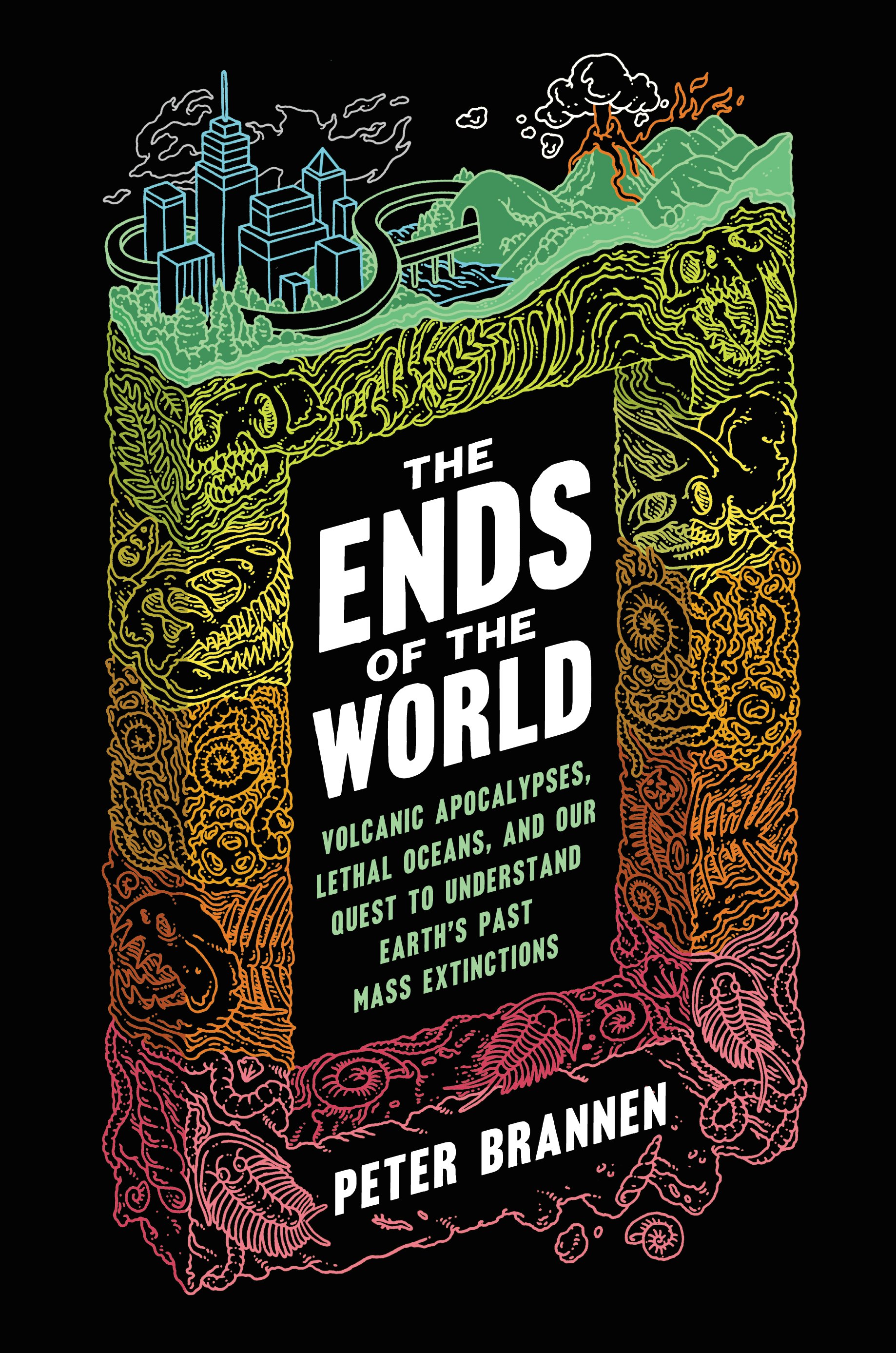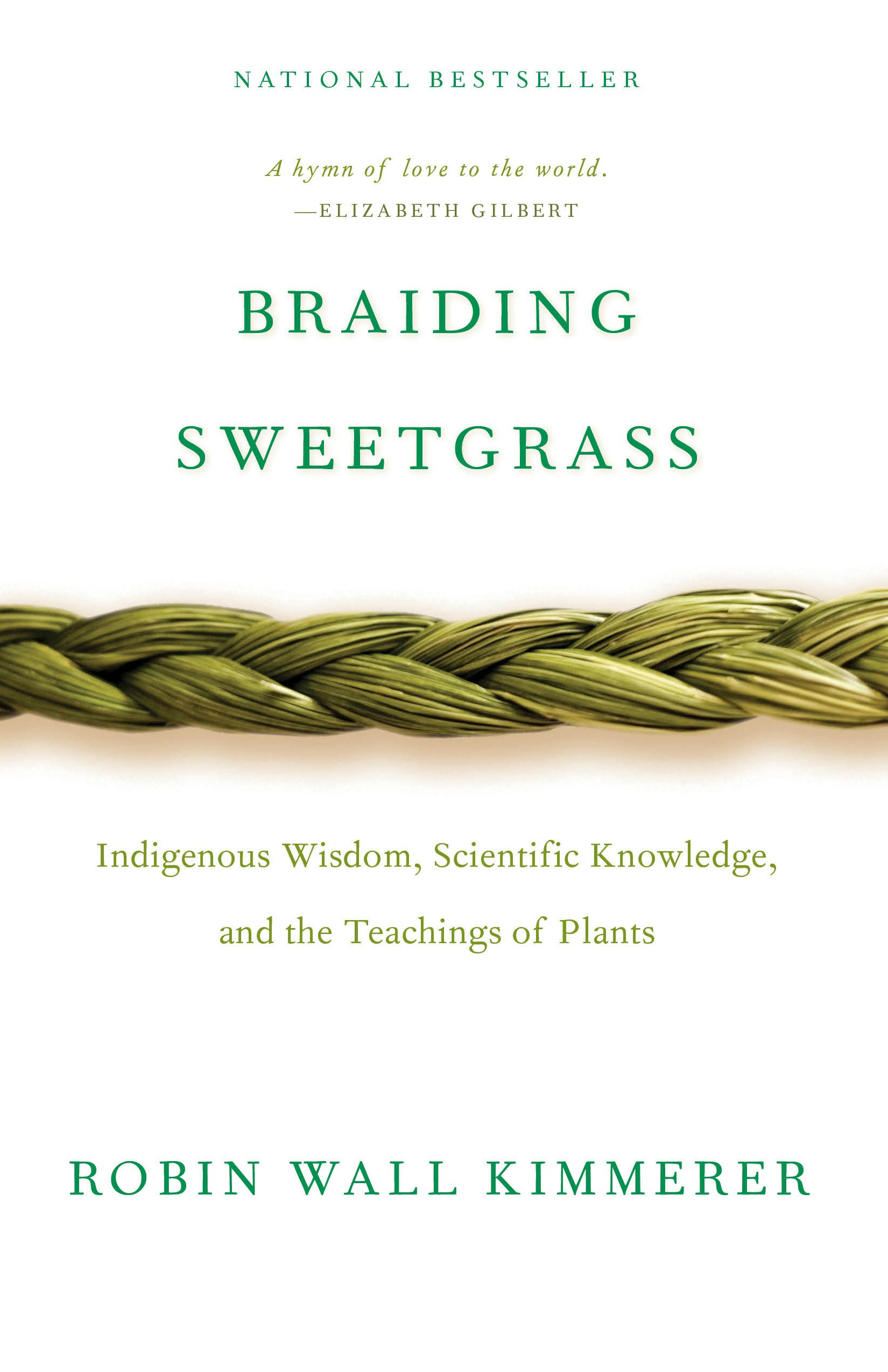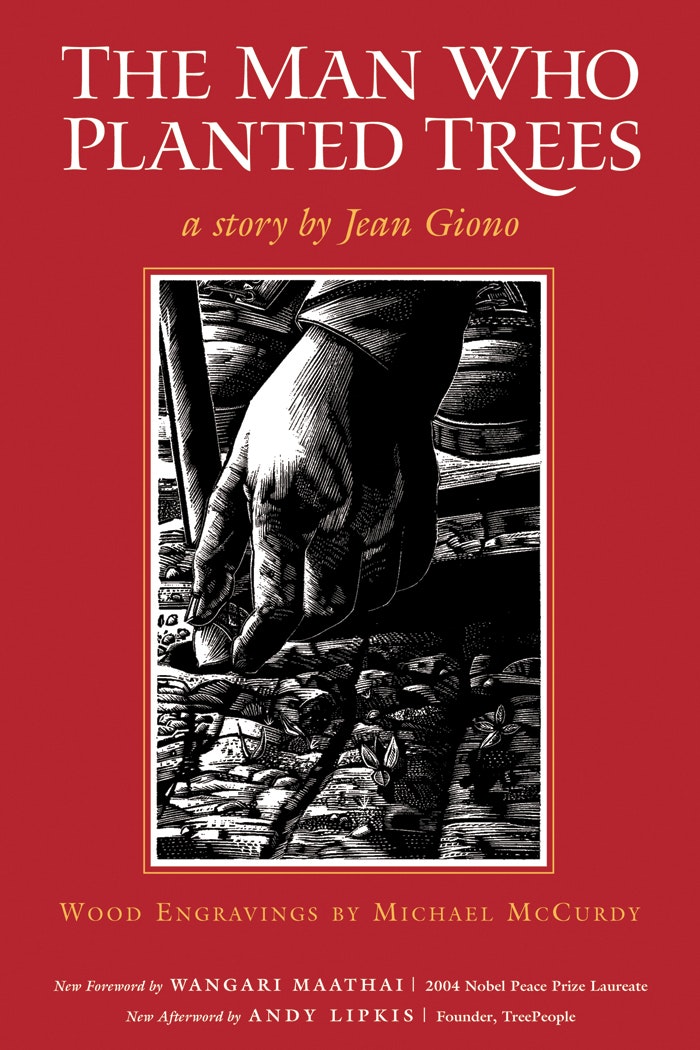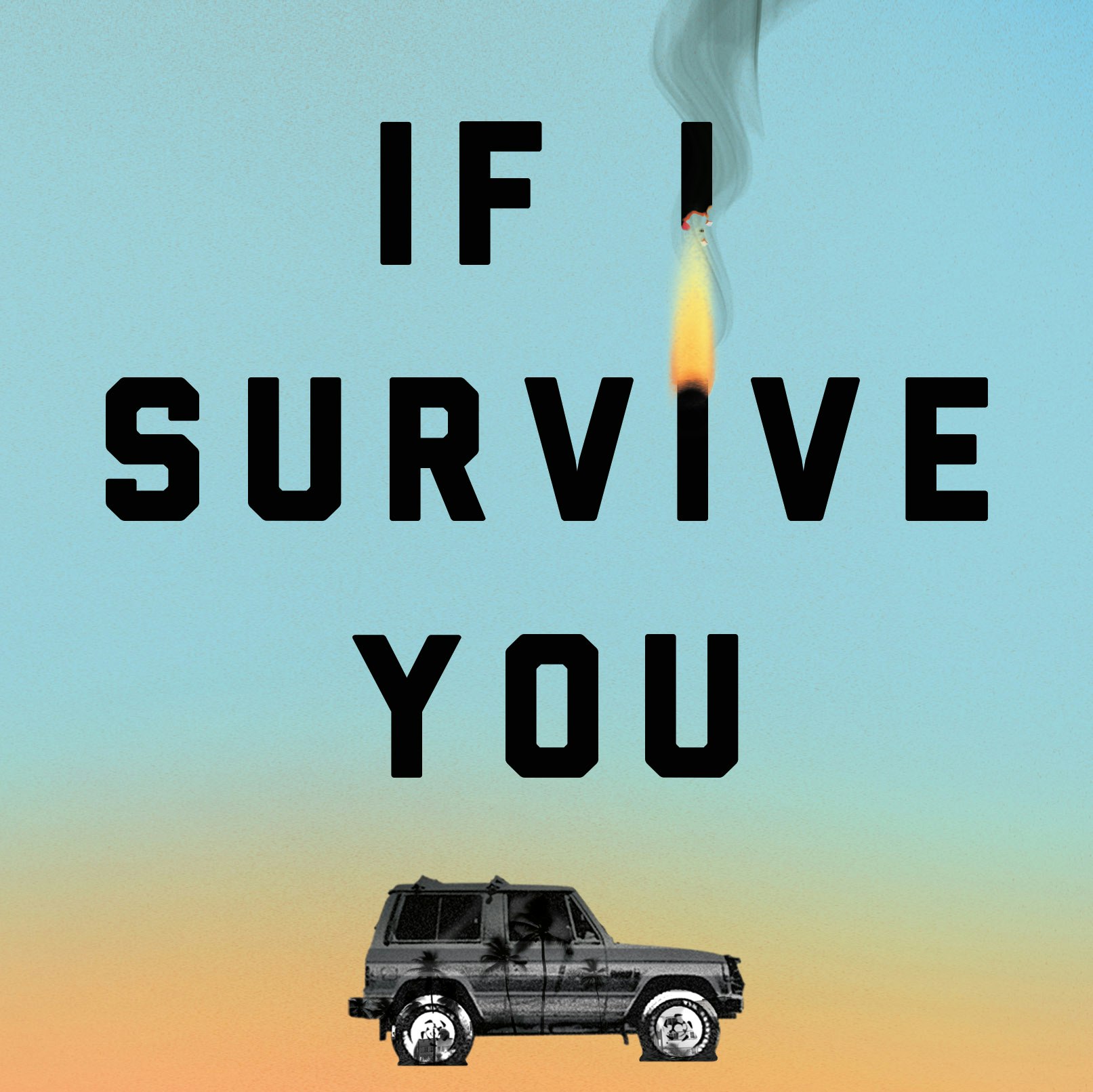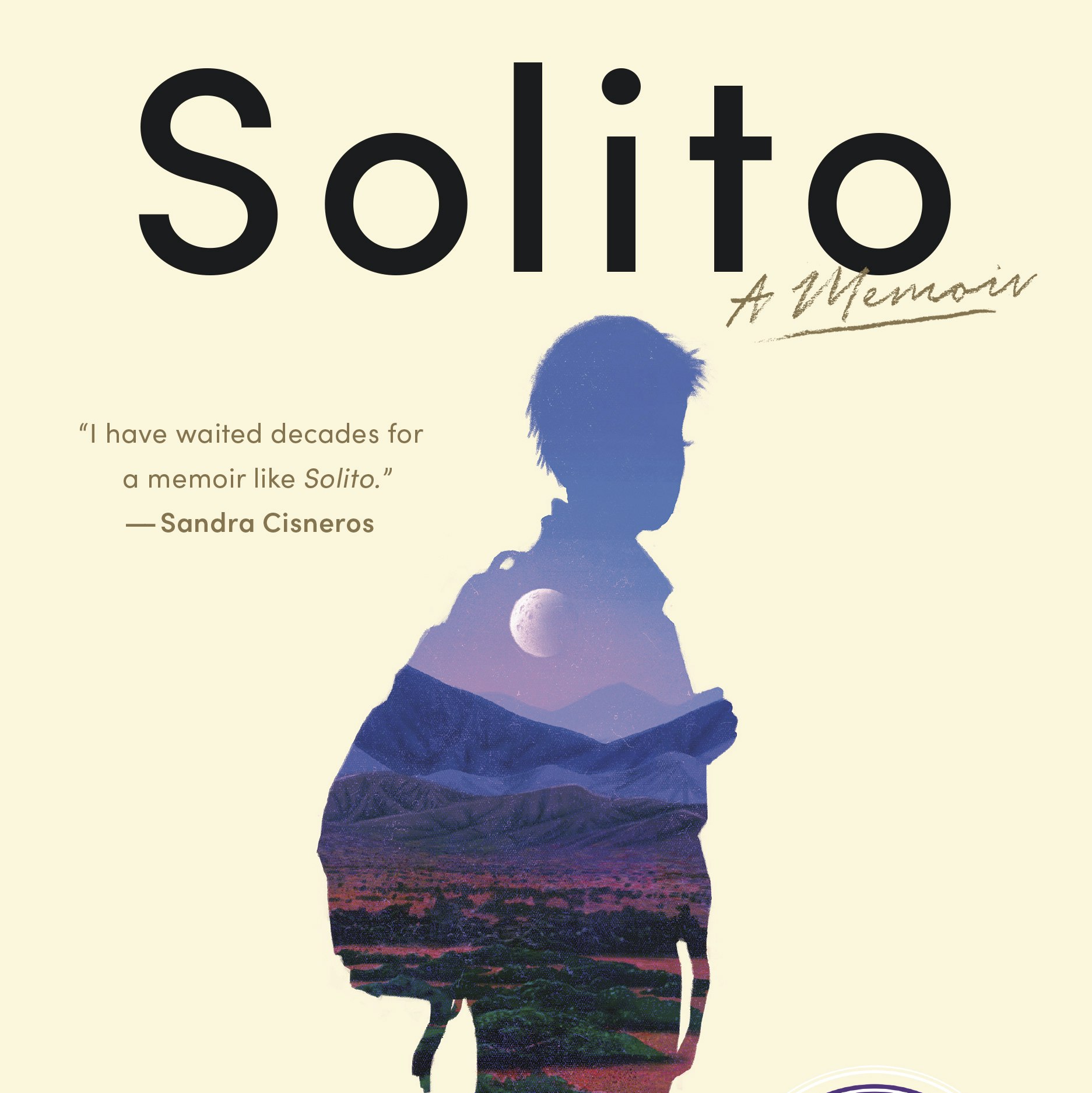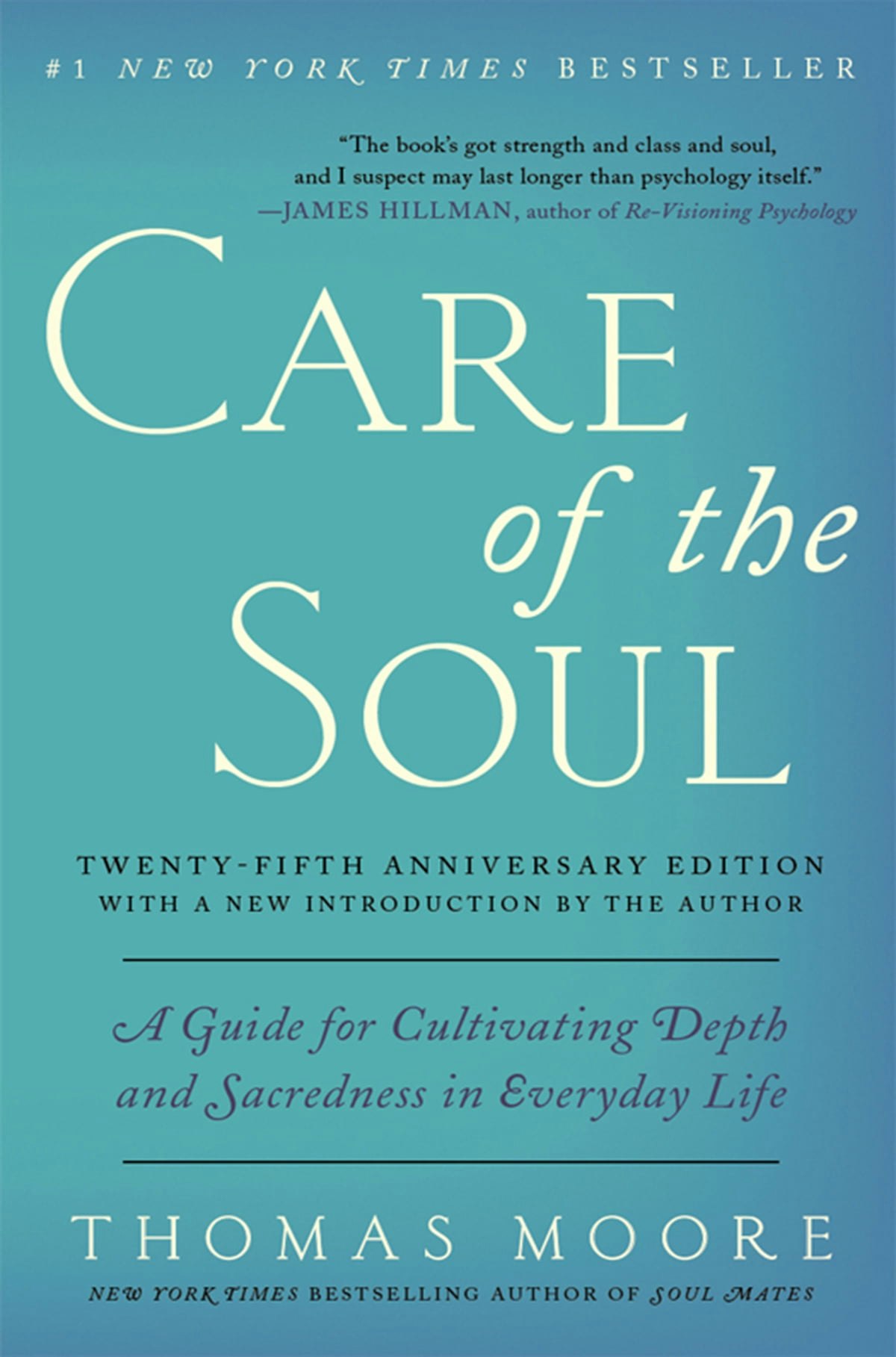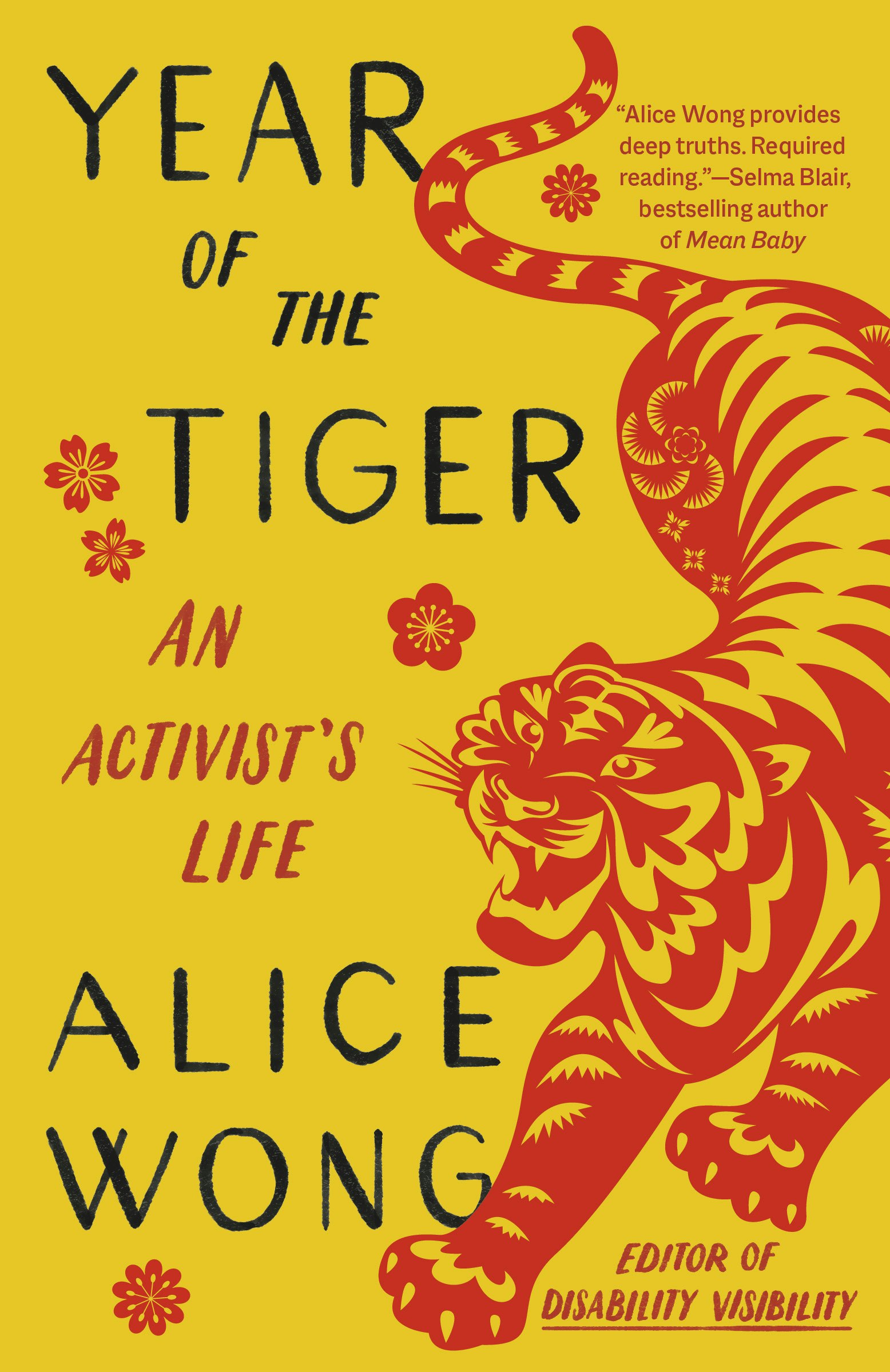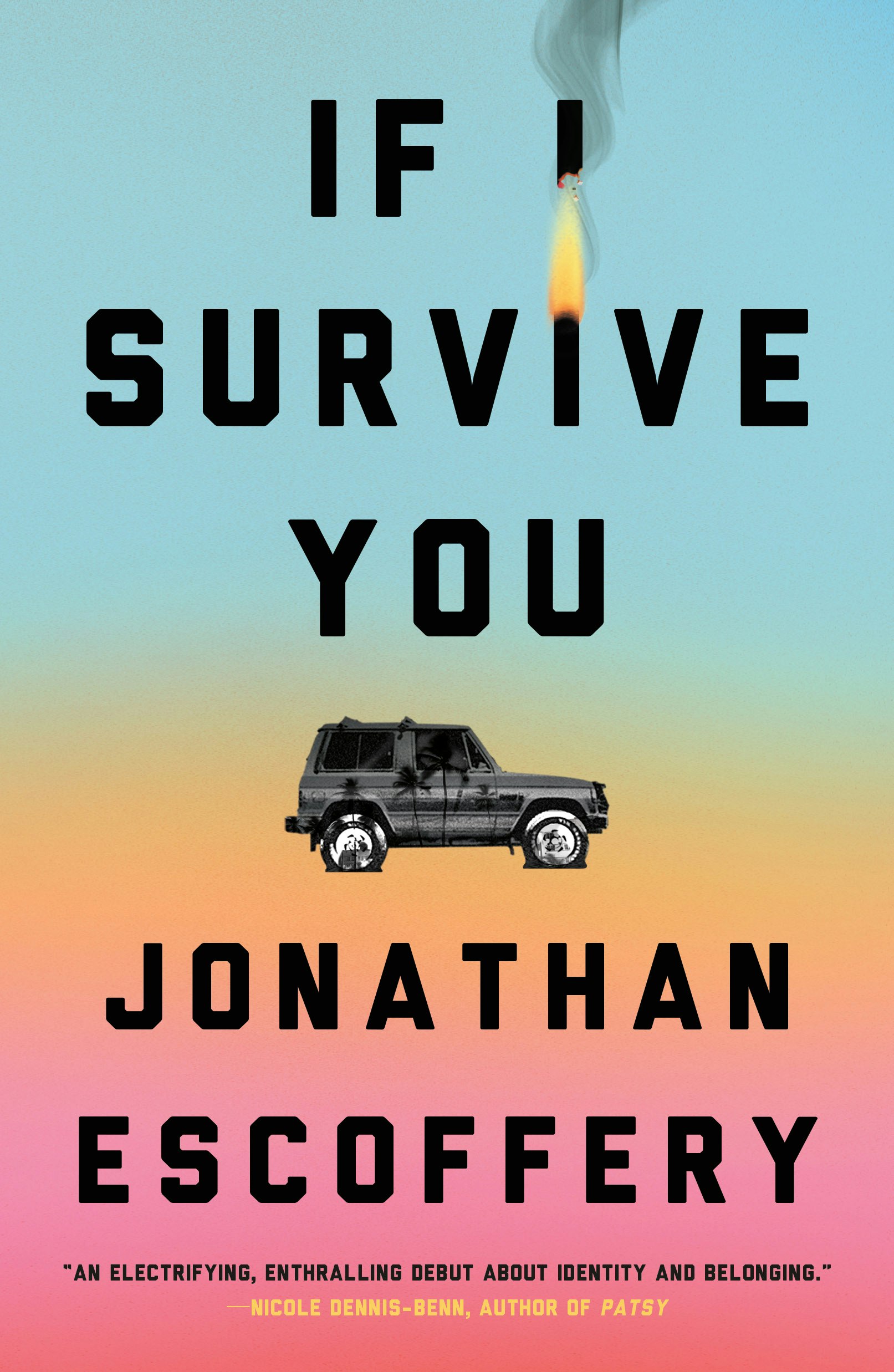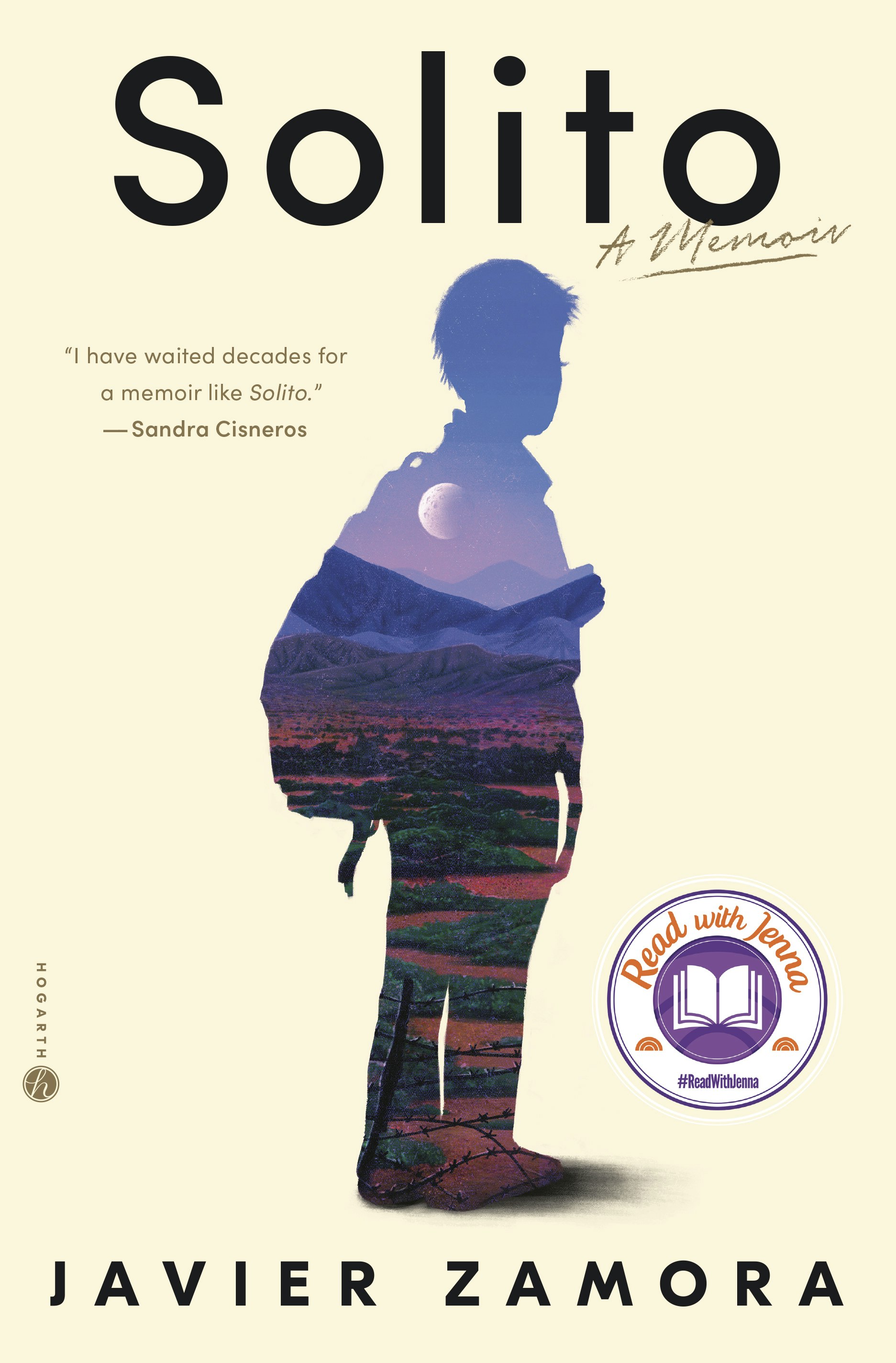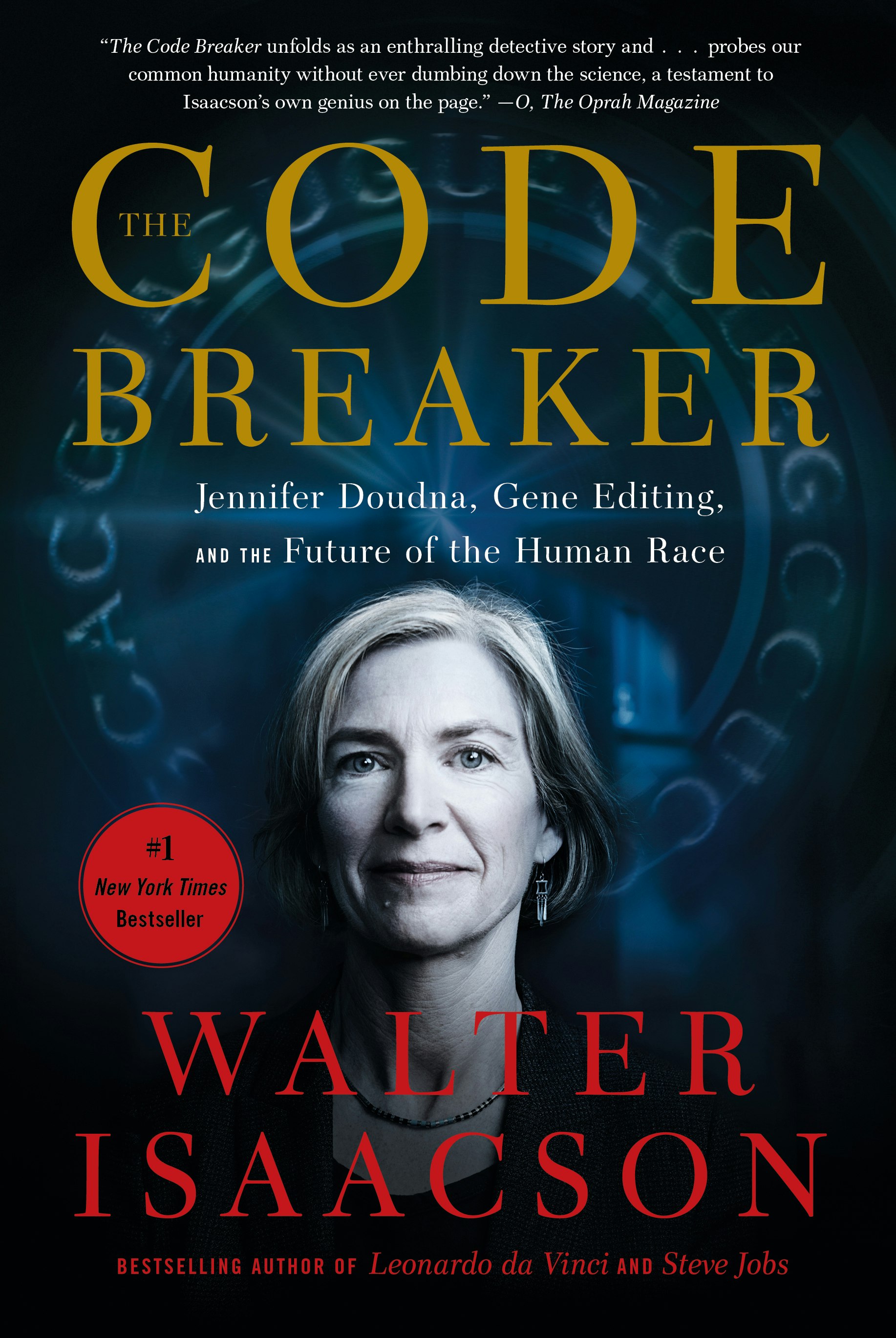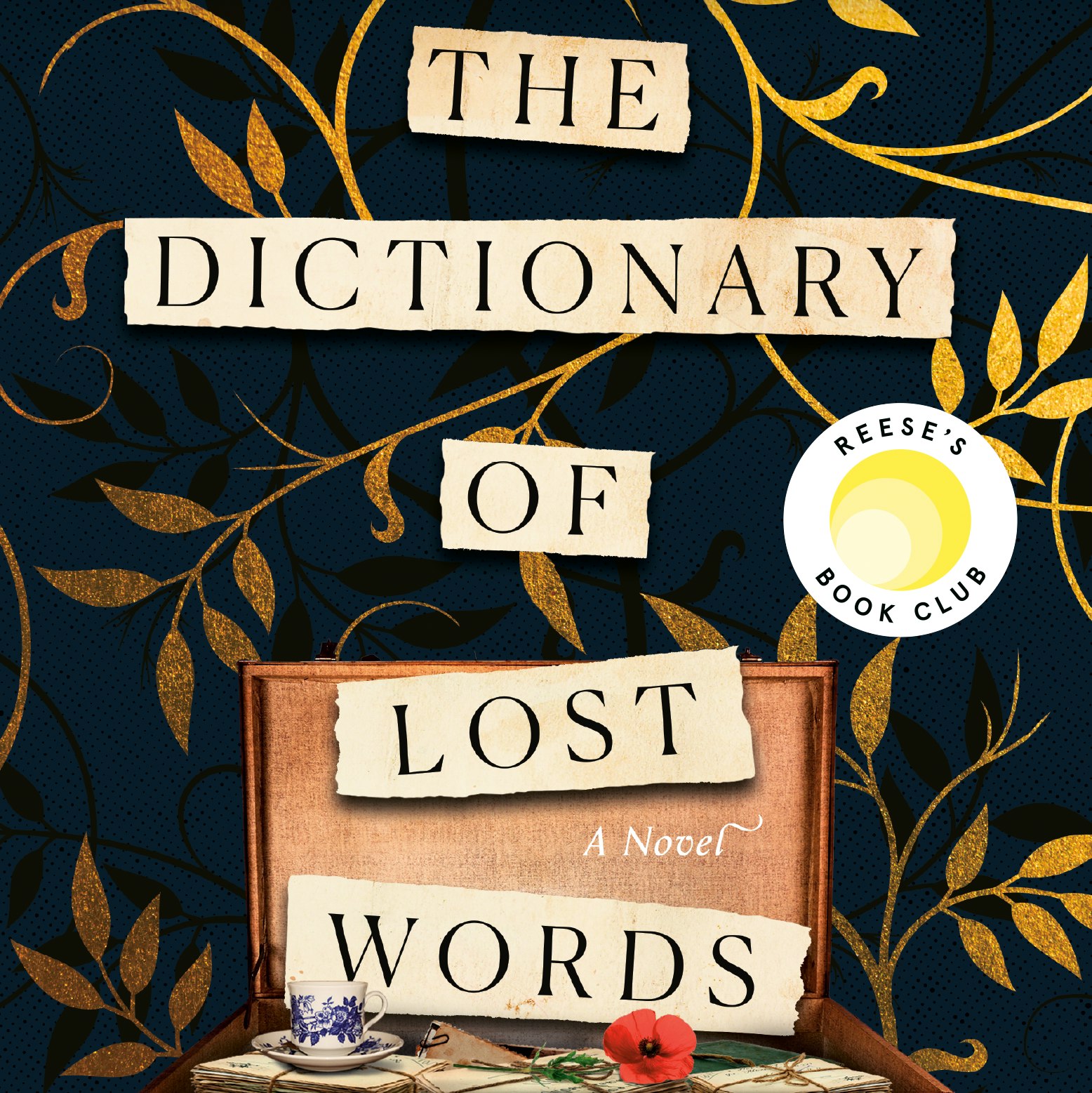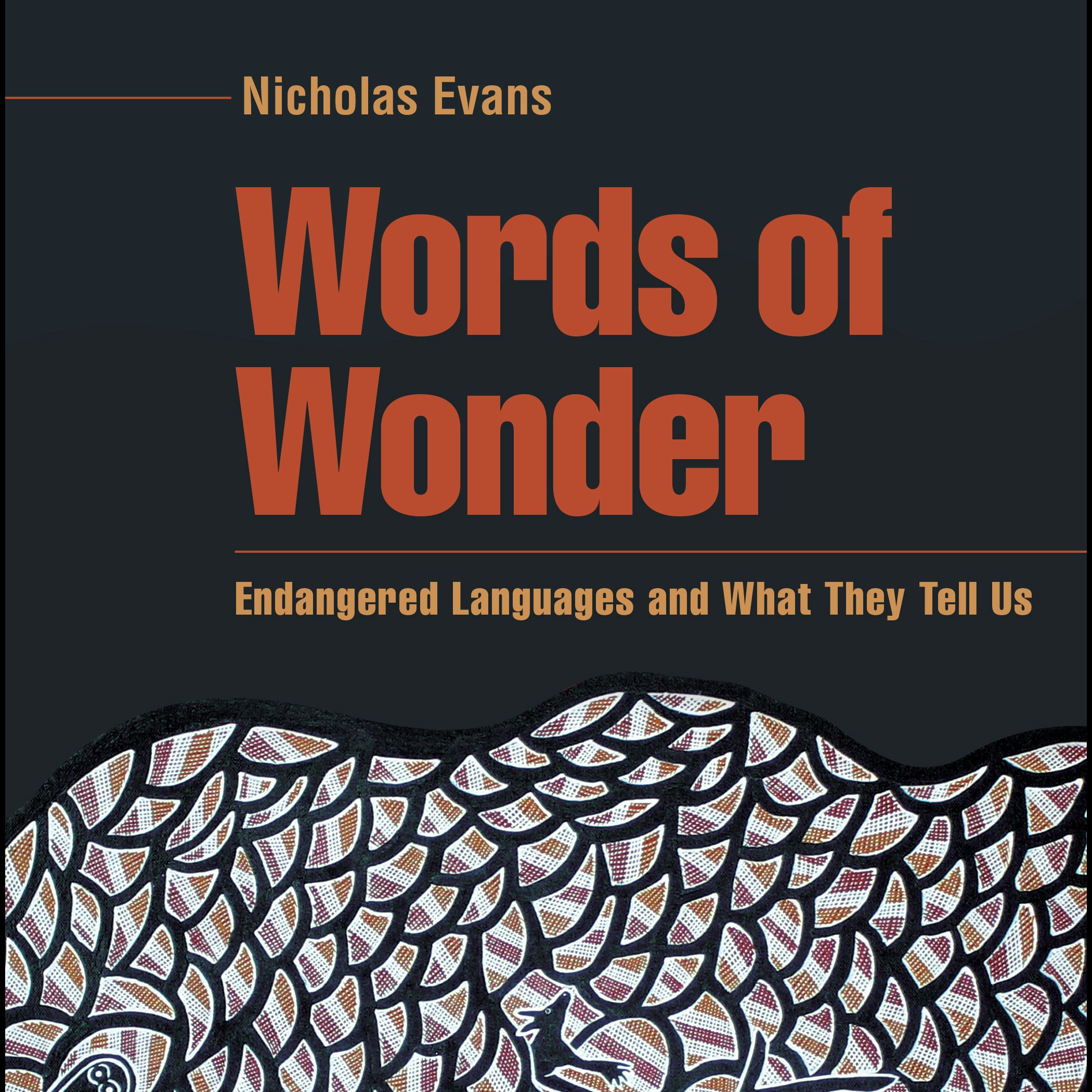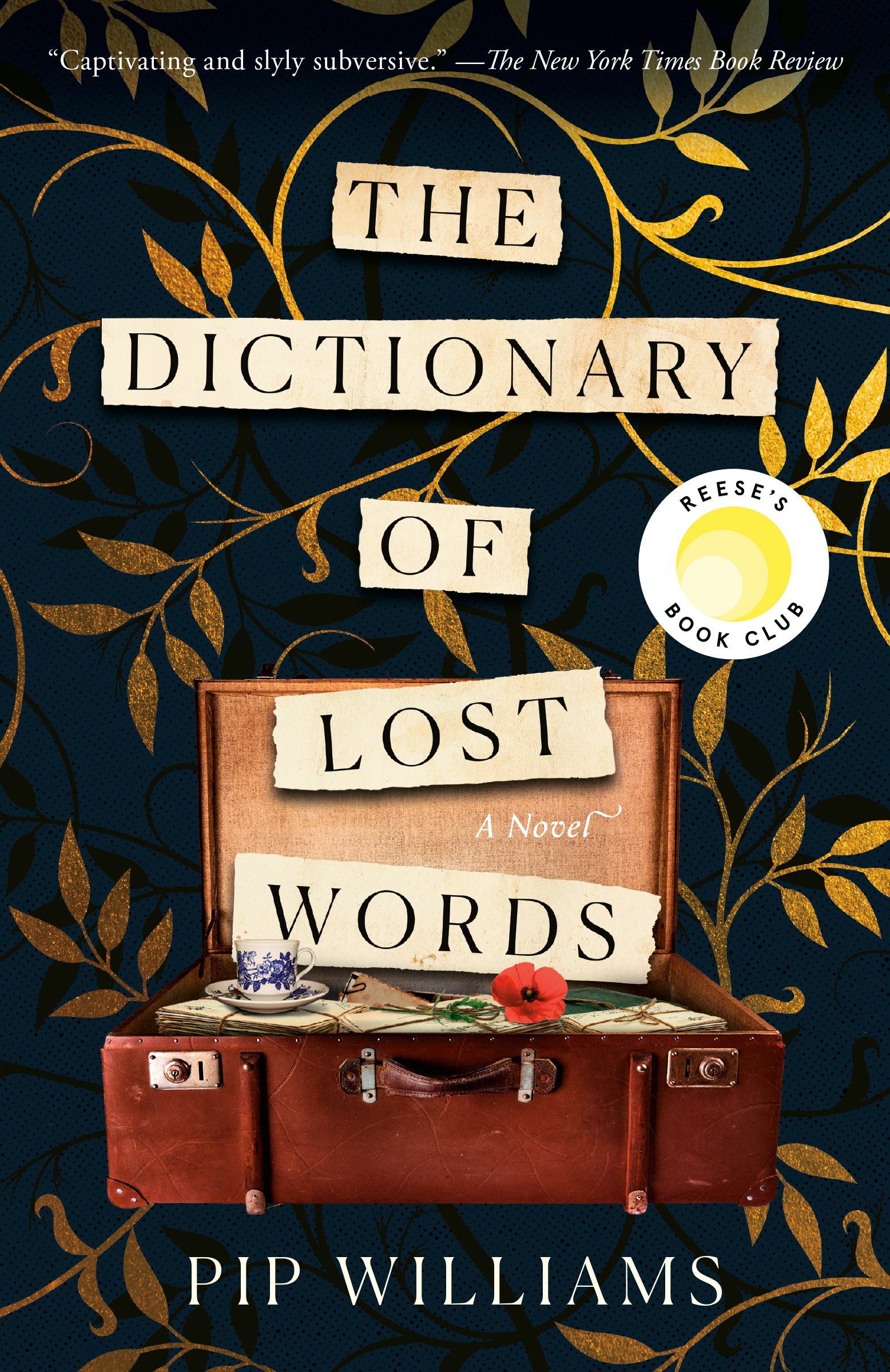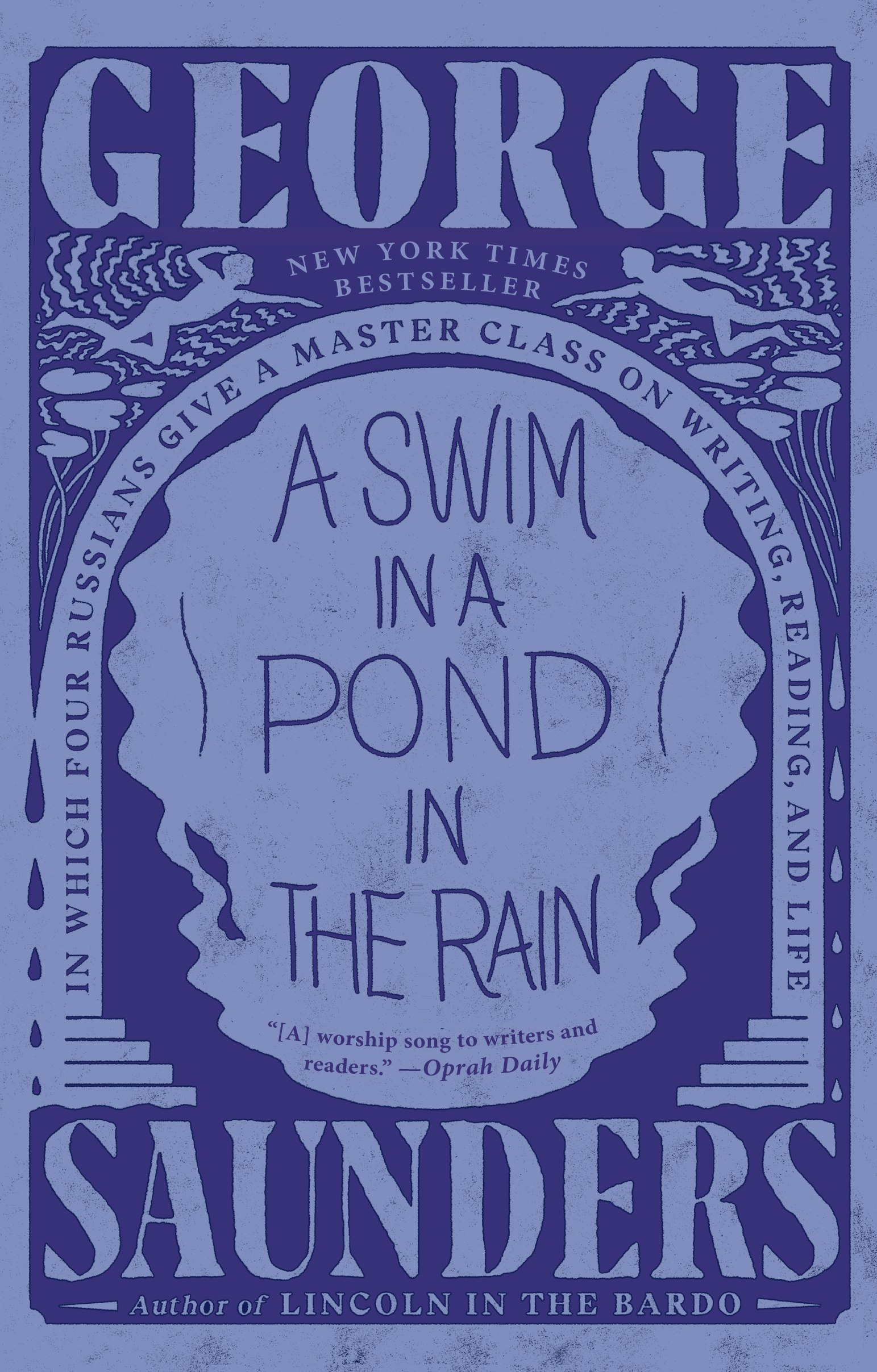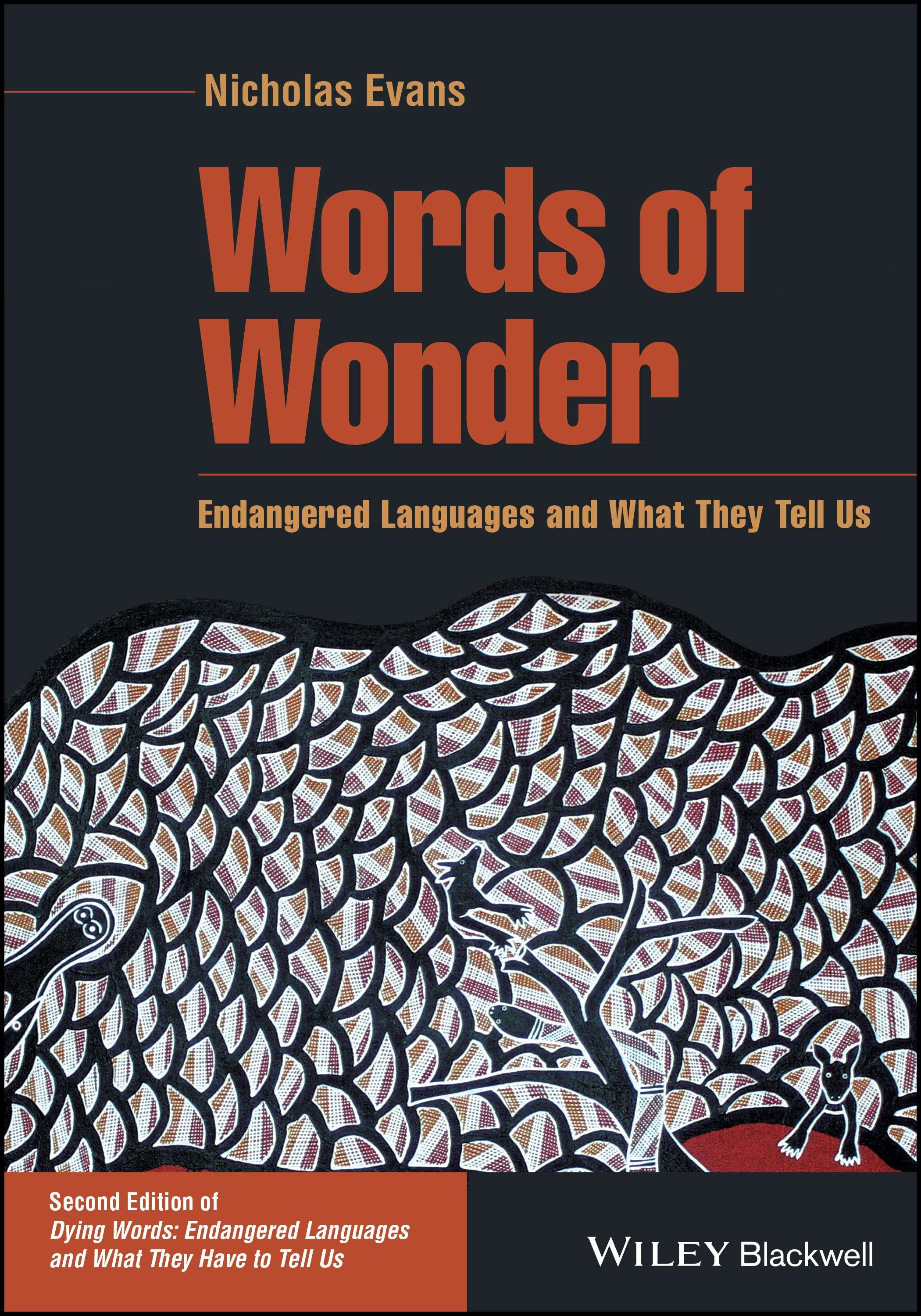16 Reading Recommendations from Radcliffe’s 2022–2023 Fellows
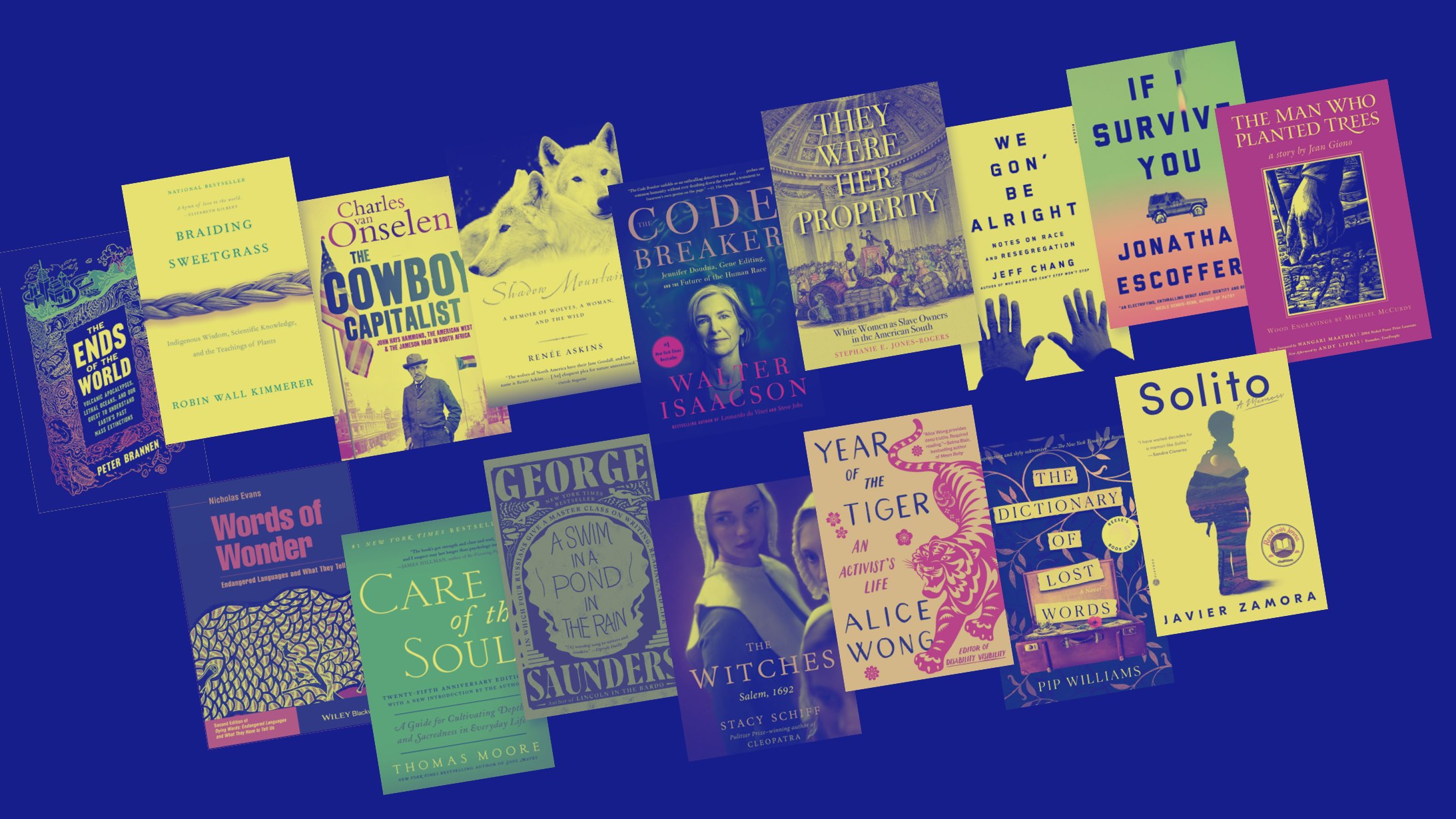
The 2022–2023 cohort of Radcliffe fellows includes scholars, scientists, artists, writers, and practitioners. A selection of these fellows provided reading recommendations to thank Radcliffe’s donors, whose support is critical to advancing the Institute’s interdisciplinary scholarship.
Below you’ll find books that inspired the fellows’ research, activated their imaginations, or sparked their enjoyment. The recommendations fell naturally into four categories that you can use to guide your search.
Browse by theme:
- Complicated Histories
Important and illuminating stories from our past - Nature and the Environment
Examples of knowledge and resilience from the world around us - Personal Journeys
The power of telling our honest stories, both lived and imagined - The Power of Language
The ability of words to connect us and shape our consciousness
Complicated Histories
Important and illuminating stories from our past
The Witches: Salem, 1692 (Little, Brown, 2015)
By Stacy Schiff
- Recommended by Gabrielle Calvocoressi, Beatrice Shepherd Blane Fellow
Gabrielle has been reading about the “intimate life of individuals and how that morphs into this thing we call ‘history.’” The Witches, by the Pulitzer Prize–winning biographer Stacy Schiff, explores the complex gender dynamics and lasting historical effects of the Salem Witch Trials.
We Gon’ Be Alright: Notes on Race and Resegregation (Picador, 2016)
By Jeff Chang
- Recommended by William Cheng, Rita E. Hauser Fellow
William often returns to this book of essays, which asks: “Whom is diversity for in the United States? How do beguiling myths of zero-sum games and of chronic scarcity impede our ability and willingness to imagine a world of universal access and flourishing?” He notes that Chang’s book is as relevant as ever today.
The Cowboy Capitalist: John Hays Hammond, the American West, and the Jameson Raid in South Africa (University of Virginia Press, 2018)
By Charles van Onselen
- Recommended by Tsitsi Dangarembga, Joy Foundation Fellow
Tsitsi describes van Onselen’s volume as a “rollicking read.” She appreciates the book’s focus on a little known history: the role of American “cowboy” miners in the 19th century development of the part of the world known today as South Africa and Zimbabwe.
They Were Her Property: White Women as Slave Owners in the American South (Yale University Press, 2020)
By Stephanie Jones-Rogers
- Recommended by William Darity Jr., Katherine Hampson Bessell Fellow
The historian Stephanie Jones-Rogers presents compelling and harrowing evidence of white women’s involvement in the American South’s slave market. An associate professor of history at the University of California, Berkeley, Jones-Rogers writes with “determination and clarity that will surely shake [her] field,” according to the New York Review of Books.
Nature and the Environment
Examples of knowledge and resilience from the world around us
Shadow Mountain: A Memoir of Wolves, a Woman, and the Wild (Anchor Books, 2004)
By Renee Askins
- Recommended by Christina Davis, Susan S. and Kenneth L. Wallach Professor
Askins’s educational and uplifting memoir tells her story of reintroducing wolves to Yellowstone National Park. Christina bought this book during a family vacation to Yellowstone “and thoroughly enjoyed it on many levels as a story of political activism, environmentalism, and the life story of a remarkable individual.”
The Ends of the World: Volcanic Apocalypses, Lethal Oceans, and Our Quest to Understand Earth’s Past Mass Extinctions (Ecco, 2017)
By Peter Brannen
- Recommended by Rebecca Hall, Mary Beth and Chris Gordon Fellow
In Brannen’s book, we follow the author as he learns about the history of Earth’s five previous mass extinctions and the sixth being caused by humans now. Rebecca notes that the book’s subject is heavy but nevertheless provides her with solace: “Whatever destruction we cause,” she says, “the earth abides.”
Braiding Sweetgrass: Indigenous Wisdom, Scientific Knowledge, and the Teaching of Plants (Milkweed Editions, 2015)
By Robin Wall Kimmerer
- Recommended by Emil’ Keme
Emil’ recommends this book for its “illuminating perspective about the organic relationship between Indigenous peoples and their close environments. It is beautifully written, with powerful poetic imagery that details some of the healing impact of the nonhuman world in our lives and the urgency to protect Mother Earth.” In 2019, Literary Hub included Braiding Sweetgrass in its article “The 10 Best Essay Collections of the Decade.”
The Man Who Planted Trees (Chelsea Green Publishing 2007)
By Jean Giono
- Recommended by Maxine Gordon, Carl and Lily Pforzheimer Foundation Fellow
Originally published in 1953 by the renowned French writer Jean Giono, The Man Who Planted Trees (L’Homme qui plantait des arbres) is an allegorical short story about a shepherd’s quest to reforest a barren valley at the base of the Alps in Provence. Over the years, inspired artists and environmentalists have adapted the original to film, music, and the stage.
Personal Journeys
The power of telling our honest stories, both lived and imagined
Care of the Soul: A Guide for Cultivating Depth and Sacredness in Everyday Life (Harper Perennial, 1992)
By Thomas Moore
- Recommended by Karen Bakker, Matina S. Horner Distinguished Visiting Professor
Karen recently reread Moore’s “remarkable” book about “the power of everyday actions to heal and regenerate relationships” as well as “provide a much-needed sense of calm and grace in our busy lives and troubled times.” The book is 30 years old, she notes, but very much relevant to all of us today.
Year of the Tiger: An Activist’s Life (Penguin Random House, 2022)
By Alice Wong
- Recommended by Ebony Flowers, Mary I. Bunting Institute Fellow
Wong’s new memoir, according to her publisher’s website, is an “impressionistic scrapbook of her life as an Asian American disabled activist, community organizer, media maker, and dreamer.” Ebony recommends Year of the Tiger because it defies genre in a manner that can only be called “refreshing.” The memoir ’zine “includes a mix of comics, prose, podcast interviews, and a lot of humor.”
If I Survive You (MCD, 2022)
By Jonathan Escoffery
- Recommended by Caleb Gayle, Walter Jackson Bate Fellow
Escoffery’s book of linked stories chronicles the unflagging determination of a Jamaican family in Miami—and Caleb has labeled it a “must read.” While the book is a work of fiction, he observes, “the truth of living—living while Black, living while feeling like belonging elsewhere or perhaps nowhere, living while your family is of immigrant status—shines through with clarity, and at the same time, a sense of honesty and authenticity that authors rarely capture simultaneously.”
Solito: A Memoir (Hogarth, 2022)
By Javier Zamora RI ’19
- Recommended by Ieva Jusionyte, Maury Green Fellow
Ieva has recommended Solito, by Javier Zamora RI ’19, who worked on the book during his fellowship year at Radcliffe. The critically acclaimed memoir recounts Zamora’s childhood journey from his home in El Salvador to reunite with his parents in the United States. “Of the hundreds of books about migration and borders out there written by scholars and journalists and activists,” writes Ieva, “this one stands out both because it is written by someone who has experienced and survived the migrant journey himself and because of its searingly beautiful, moving prose.”
The Code Breaker: Jennifer Doudna, Gene Editing, and the Future of the Human Race (Simon & Schuster, 2021)
By Walter Isaacson
- Recommended by Jingyi Jessica Li, Helen Putnam Fellow
In The Code Breaker, the famed biographer Walter Isaacson tells the story of the Nobel Prize winner Jennifer Doudna and her contributions to CRISPR, the breakthrough DNA editing technology. Jingyi recommends Isaacson’s book because it “nicely covers the journey to an important scientific discovery and the people who led it.” The book also reviews the basics of molecular biology and human genetics for those who need a refresher, and, crucially, the “complicated ethics issues behind the gene editing technology.”
The Power of Language
The ability of words to connect us and shape our consciousness
The Dictionary of Lost Words (Ballantine Books, 2021)
By Pip Williams
- Recommended by Asifa Majid, William Bentinck-Smith Fellow
Set in scenic Oxford, this novel by Pip Williams takes place against the backdrop of real events during the formation of the Oxford English Dictionary (OED). Asifa greatly enjoyed this book, which, in her words, leaves the reader wondering, “Out of all the words that are said by all the speakers of English, whose words become canon and whose forgotten?”
A Swim in a Pond in the Rain: In Which Four Russians Give a Master Class on Writing, Reading, and Life (Random House, 2021)
By George Saunders
- Recommended by Joe Roman
Hailed by many as an indispensable handbook by one of America’s best living writers, A Swim in a Pond in the Rain is Saunders’s exploration of how great writing works. The book provides practical tips for writers based on a class about the Russian greats that Saunders teaches at Syracuse University’s MFA program. Joe enjoys having the book on his bedside table; “the stories by Chekhov, Turgenev, Tolstoy, and Gogol” that Saunders uses as illustrative examples, notes Joe, “are a delight.”
Words of Wonder: Endangered Languages and What They Tell Us (Wiley-Blackwell, 2022)
By Nick Evans
- Recommended by Roberto Zariquiey, Hilles Bush Fellow
Nick Evans, a leading linguistics scholar, begins his book from the powerful premise that about 96 percent of all living languages are spoken by only about 4 percent of the world’s population. As a fellow linguist, Roberto appreciates how the author “untangles the history of the world’s languages, sharing with us fascinating examples of their structural diversity, their multiple ways of conceiving the world, and their deep connections with human culture and identity.”
The Institute relies on the generosity of the Radcliffe community to fund our work. Thank you for considering a gift in support of the Institute’s mission.

